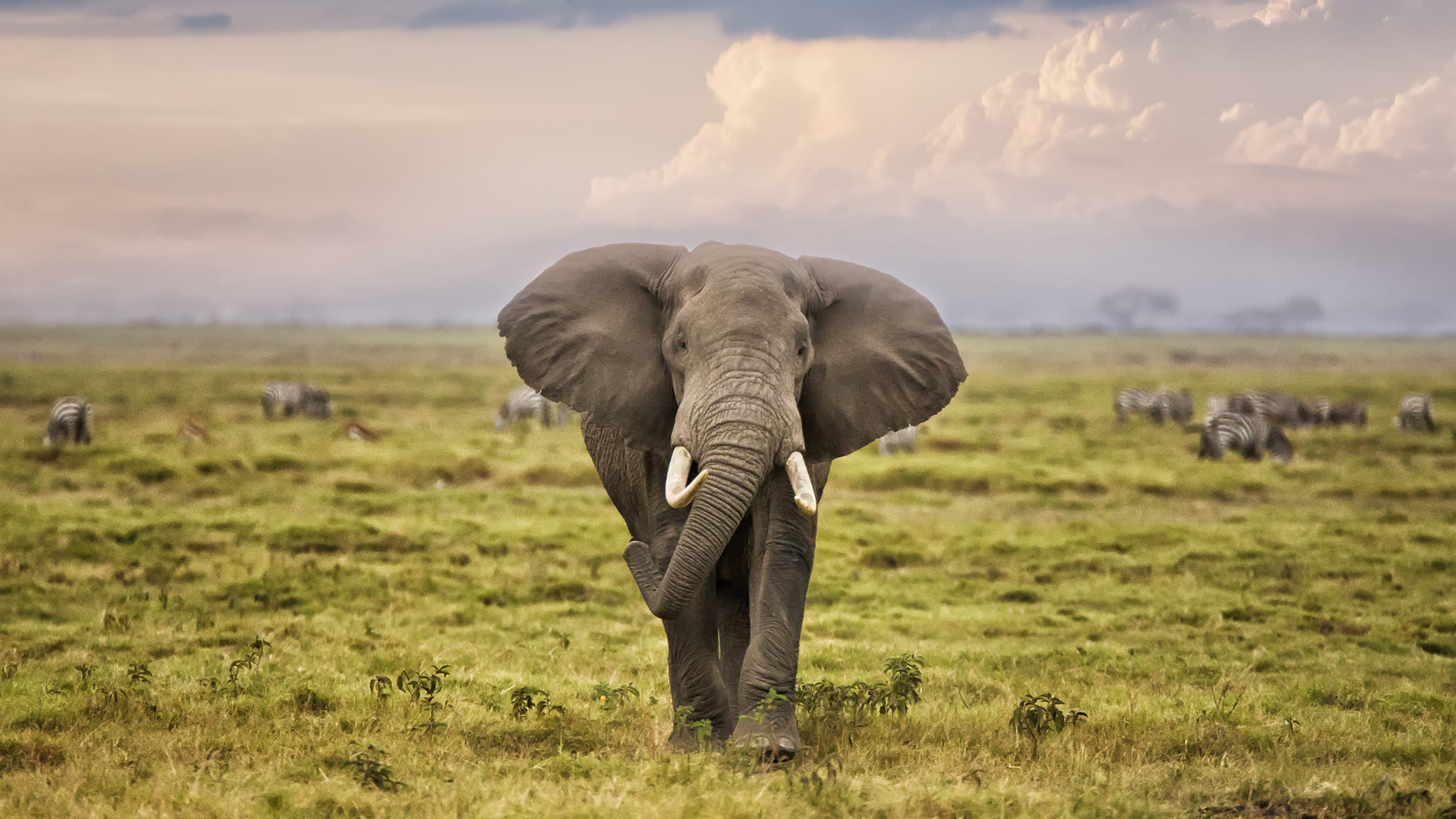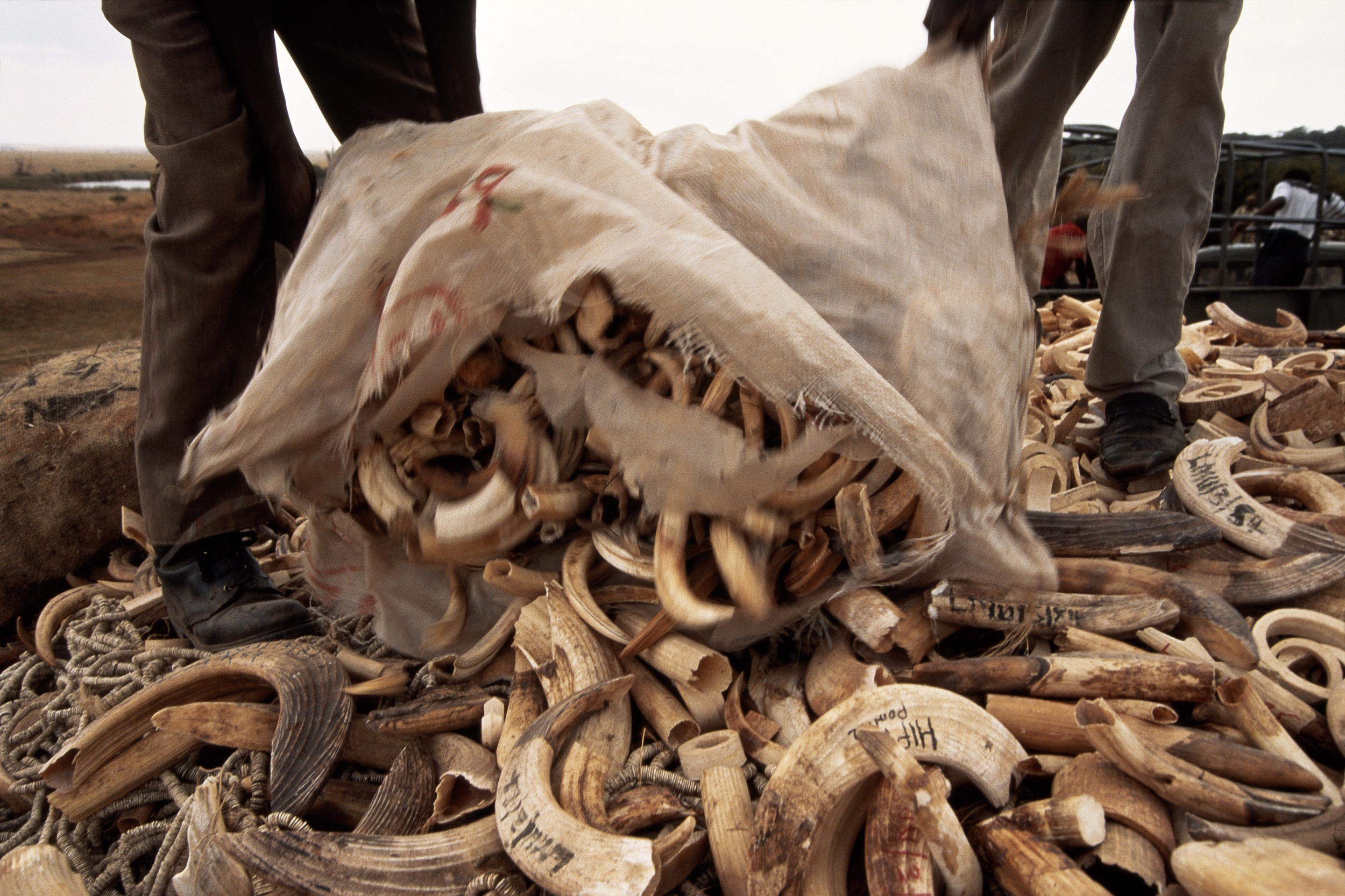05:37

China had long been one of the world's biggest ivory market, but as of 2018 all trade in ivory and ivory products in the country is illegal. The move has been hailed as a major development in efforts to protect the world's elephant population.
As the economy boomed, vibrant trade of ivory contributed to the increasing number of elephant poaching around the world. In 1979, more than 1.3 million elephants existed in the world. But there are only 400,000 left four decades later. China's ban on ivory trading signaled an end to ivory as a durable investment commodity in the country.
Since the ban took effect, the price of raw ivory has dropped by 65 percent over a year's time. And there has also been an 80-percent decline in seizures of ivory entering China. And around two hundred factories and shops dealing in ivory were shut down because of the ban.

Zhao Zhonghua, director of World Animal protection, said that China's ivory trade ban has a profound impact on the global elephant protection effort. Its action encouraged neighboring countries like Japan to follow suit.
Japan is home to the world's largest market of ivory, which is mainly used to carve out traditional seals used to stamp documents as a form of signature. But officials in Japan have recently tightened restrictions on the country's ivory trade amid global criticism. For instance, carbon dating is now used in preventing illegal elephant tusks from entering the market. Zhao commented that it is not a complete ban in Japan since the regulation has loopholes for illegal hunting and smuggling of elephants.
Zhao also noted that tusk trade is a kind of animal abuse, just like eating shark's fin and bird nest. "As Mahatma Gandhi said, there is enough on earth for everybody's need, but not for everyone's greed. We don't have to eat… it is a bad culture built on abusing animals," Zhao added. Recognizing the effort taken by international community, he is optimistic about the future of animal protection.